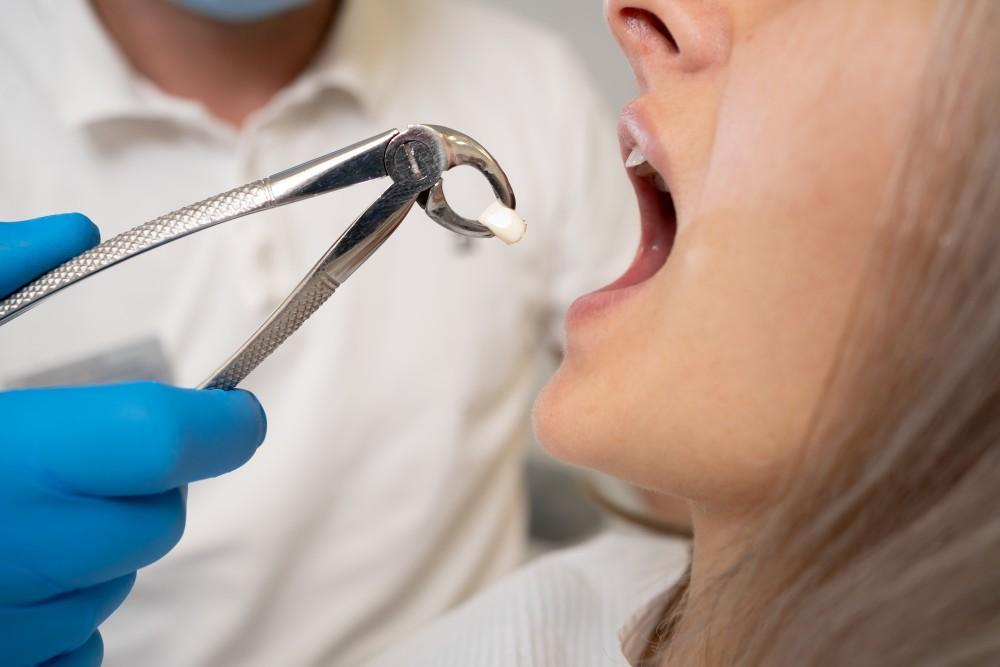Many people wonder, are there alternatives to wisdom tooth extraction? While extraction is often the go-to solution for problematic third molars, it isn’t always necessary. Dentists consider several factors, such as tooth positioning, symptoms, and the risk of complications before recommending Wisdom Tooth Extraction. In some cases, conservative approaches may be more appropriate, especially when the teeth are healthy and not causing issues. Exploring these alternatives can help patients make informed decisions about their oral health.
Monitoring and Watchful Waiting:
One of the most common alternatives to wisdom tooth extraction is simply monitoring the situation. Not all wisdom teeth cause problems, and some can remain in the mouth without any negative impact.
- Regular dental check-ups to monitor tooth positioning and gum health
- Routine X-rays to assess any movement or development of issues
- Observation of symptoms such as swelling, discomfort, or difficulty cleaning the area
If wisdom teeth are fully erupted, correctly aligned, and do not show signs of decay or gum disease, dentists may choose to leave them alone while keeping a close eye on their condition over time.
Orthodontic Management and Spacing Solutions:
Sometimes, patients are concerned about wisdom teeth causing crowding, especially after orthodontic treatments. Instead of extraction, orthodontic solutions may be recommended to manage spacing issues.
- Use of retainers to maintain alignment post-braces
- Minor tooth reshaping to create adequate room for wisdom teeth
- Monitoring movement to determine if intervention is truly needed
Orthodontists often work alongside general dentists to evaluate the necessity of extraction versus retention, especially in younger patients still undergoing jaw development.
Operculectomy: Removing the Gum Tissue
For partially erupted wisdom teeth, the problem may not be the tooth itself, but the flap of gum tissue covering it—known as an operculum. This flap can trap food and bacteria, leading to pain or infection. A less invasive alternative to extraction is an operculectomy.
- Procedure involves trimming or removing the gum tissue over the tooth
- Reduces chances of pericoronitis, a common infection in the area
- Faster healing compared to a full extraction procedure
This option is usually considered when the rest of the tooth is healthy, and it allows patients to keep their wisdom teeth without ongoing irritation or infection.
Root Canal Therapy as a Preservation Option:
In cases where a wisdom tooth has developed decay or damage but remains functional and properly aligned, root canal treatment may be an effective alternative.
- Preserves the natural tooth structure while removing infected tissue
- Useful when the tooth plays a role in chewing or occlusion
- Followed by filling or crown to protect the treated tooth
However, root canals on wisdom teeth can be more complex due to their location and structure. Dentists will evaluate the feasibility before recommending this route, especially if long-term success is uncertain.
Lifestyle Adjustments and Preventive Care:
Another way to avoid Wisdom Tooth Extraction Treatment is through improved oral hygiene and preventive care. Often, problems arise not because of the teeth themselves but due to poor maintenance.
- Brushing and flossing diligently in hard-to-reach back areas
- Using antimicrobial mouthwash to reduce bacterial load
- Scheduling frequent cleanings to remove plaque and tartar buildup
- Avoiding sugary or sticky foods that promote decay in wisdom teeth
Patients who can manage their oral health effectively might reduce or eliminate the need for extraction altogether, especially if their wisdom teeth aren’t causing functional problems.
Final Thoughts on Choosing the Right Path:
So, are there alternatives to wisdom tooth extraction? Yes—but whether they are viable depends on the specific condition of your teeth and gums. Not every patient is a good candidate for retaining their wisdom teeth, but for those who are, conservative care and monitoring may be more beneficial than immediate removal.
- Speak with a qualified dentist to weigh the pros and cons of each option
- Consider long-term outcomes, including risks of future pain or infection
- Get a second opinion if unsure about the need for surgery
Ultimately, the best course of action is one tailored to your oral health needs, balancing current symptoms with the likelihood of future complications.

